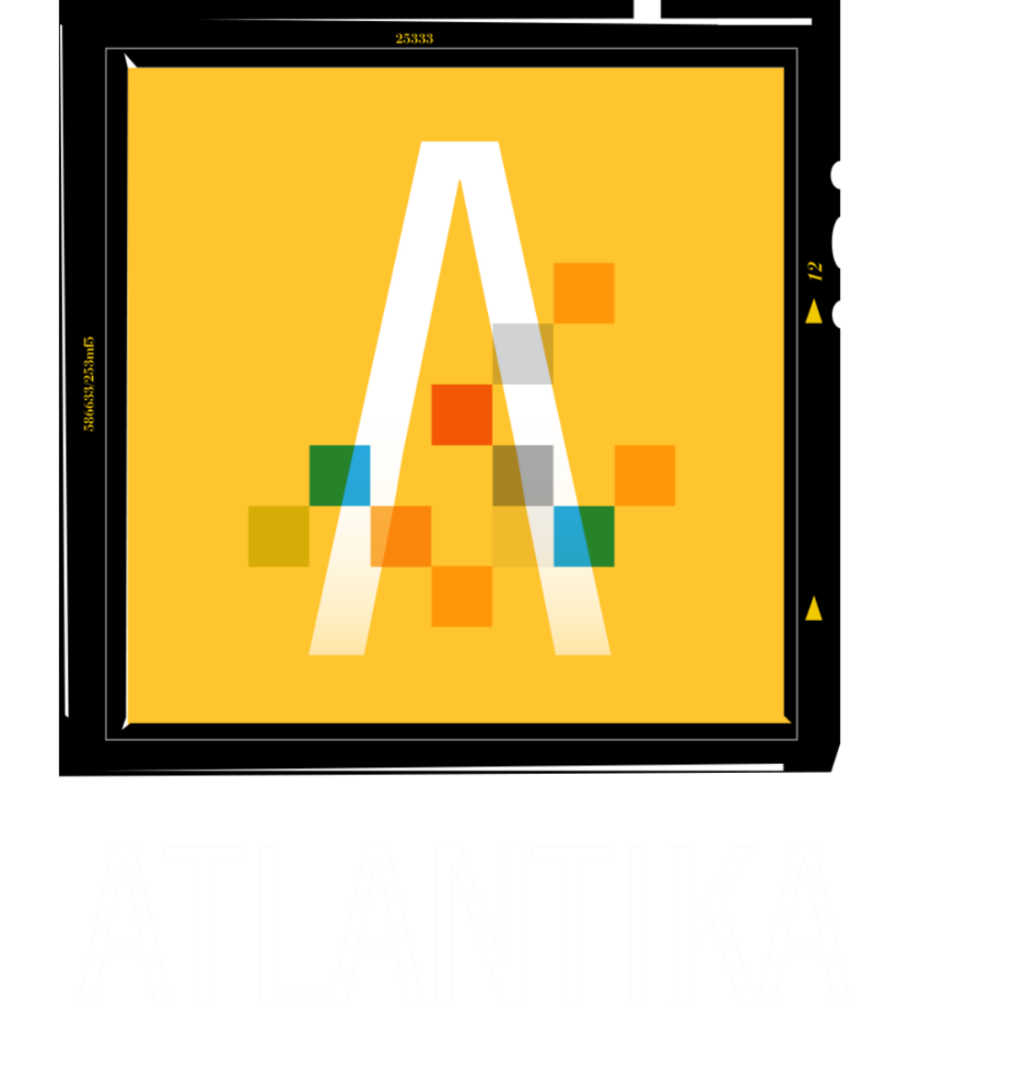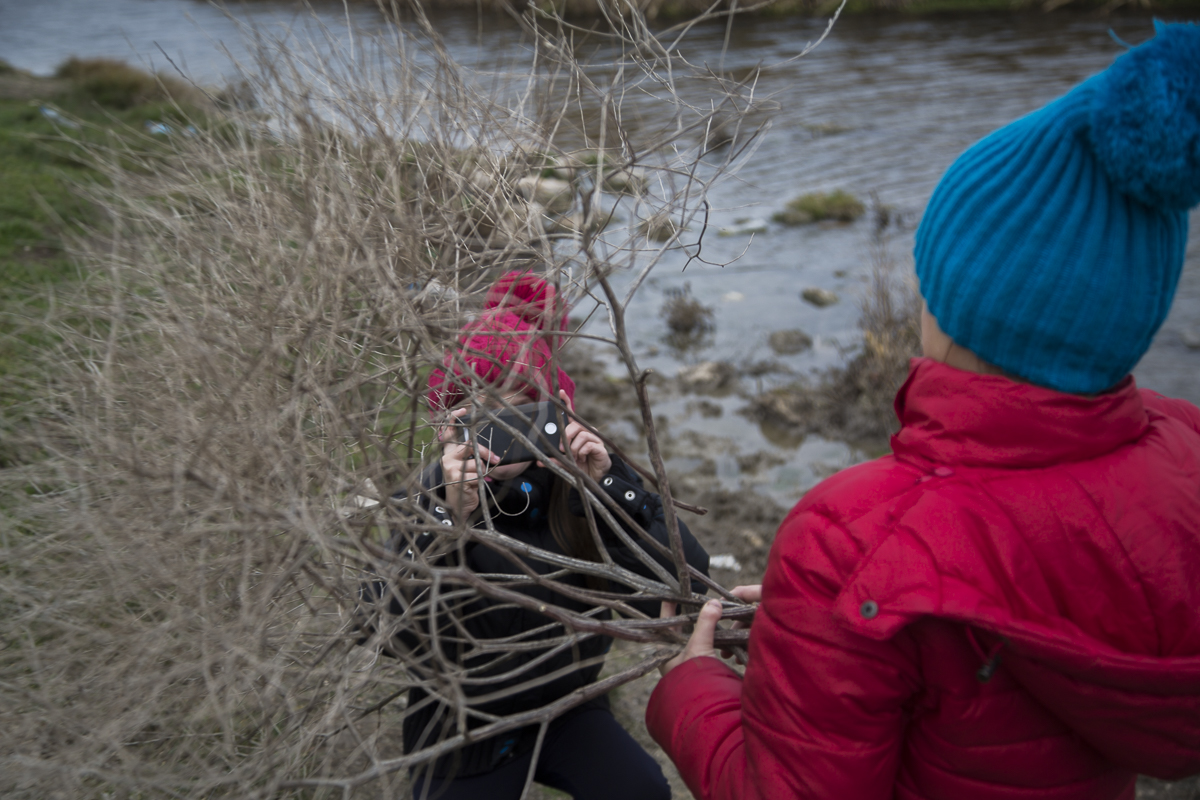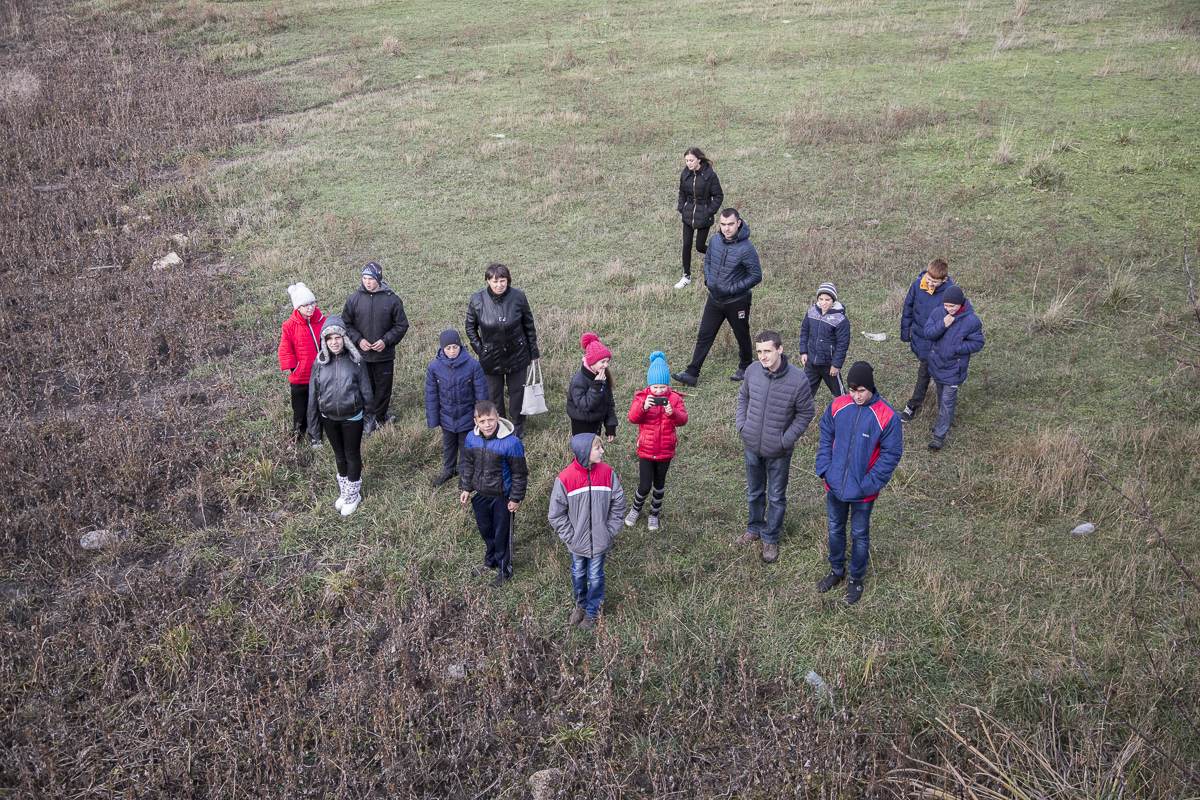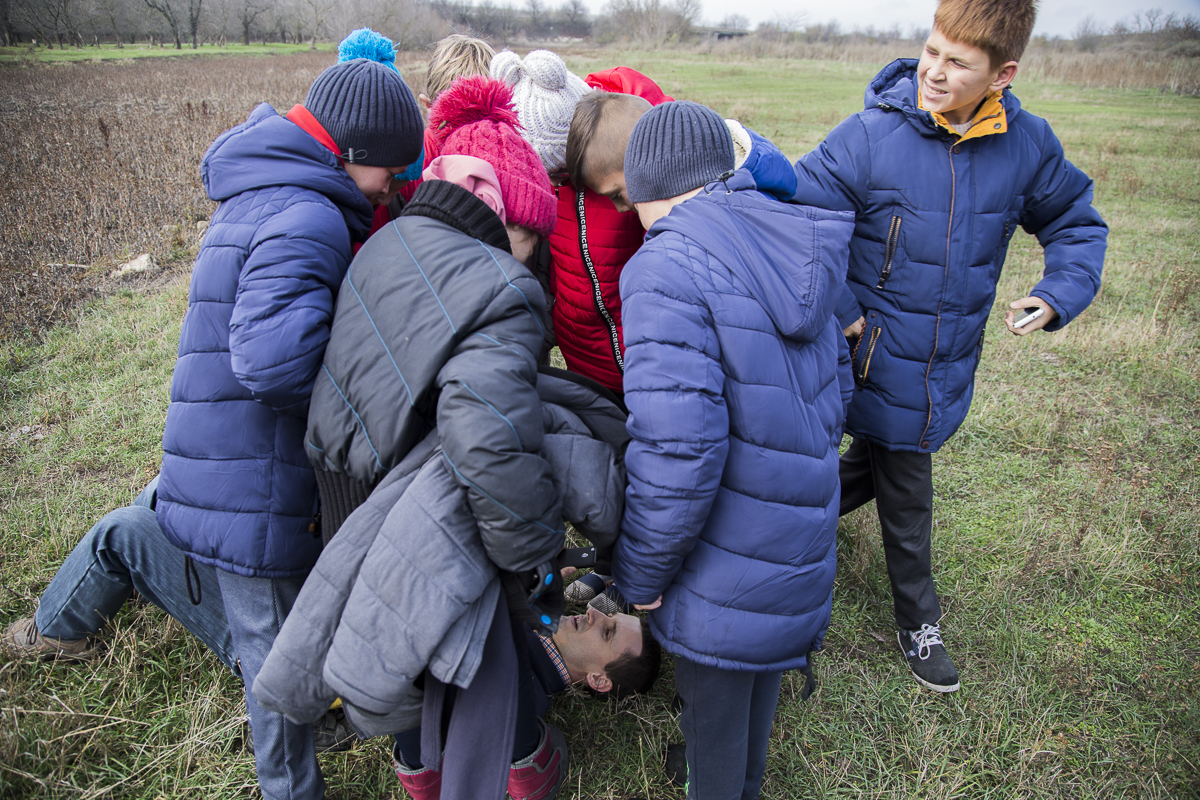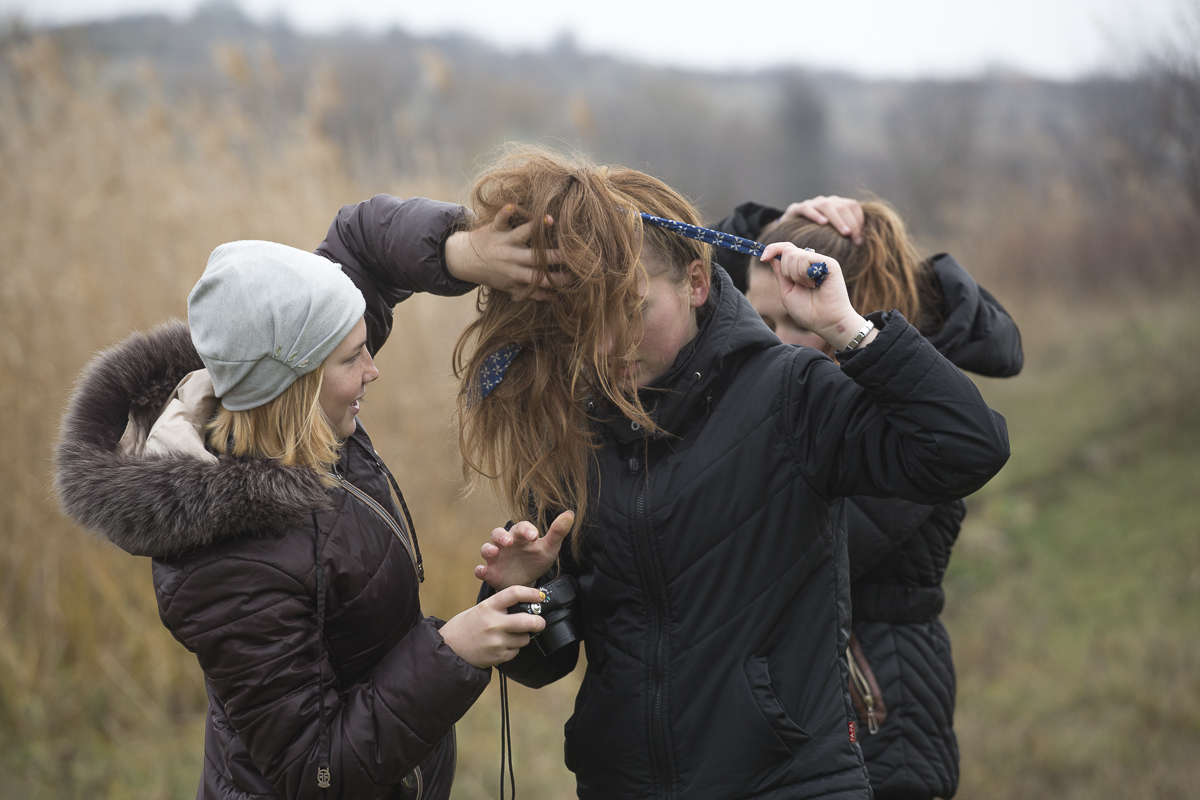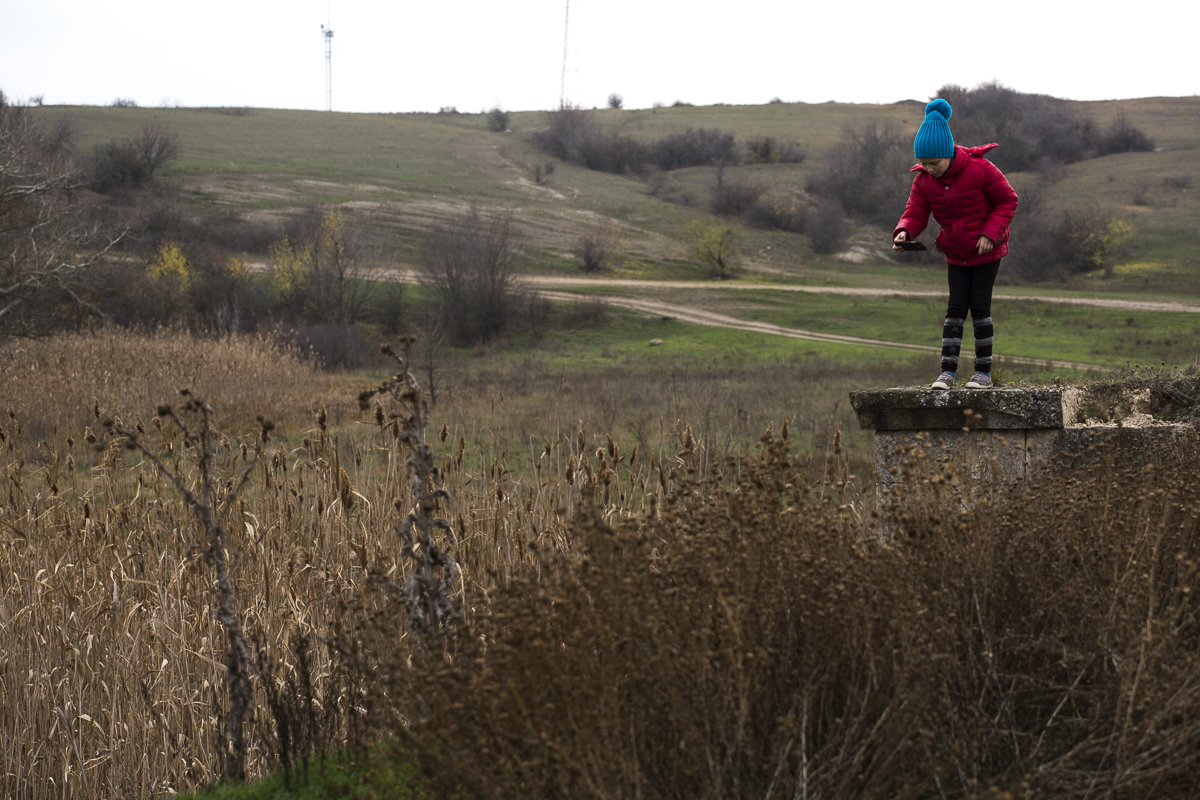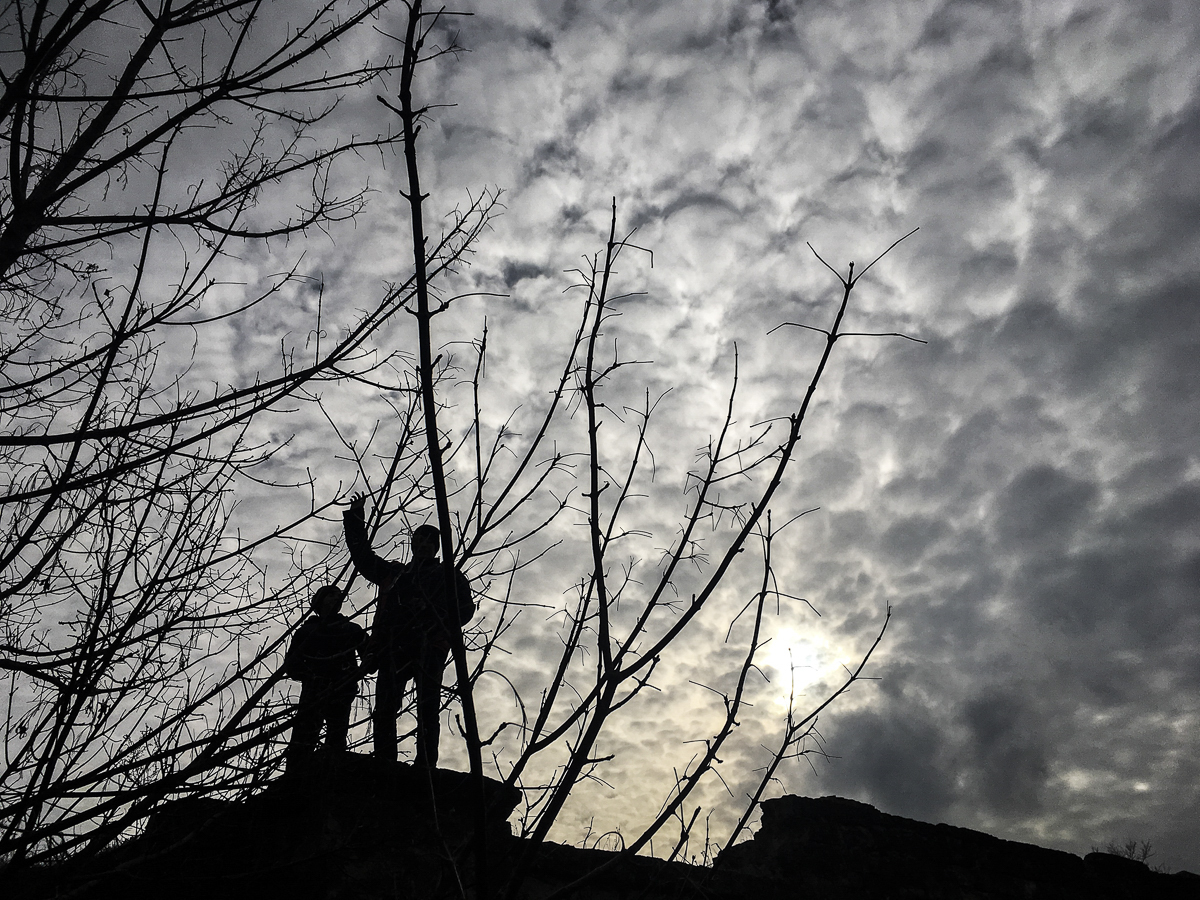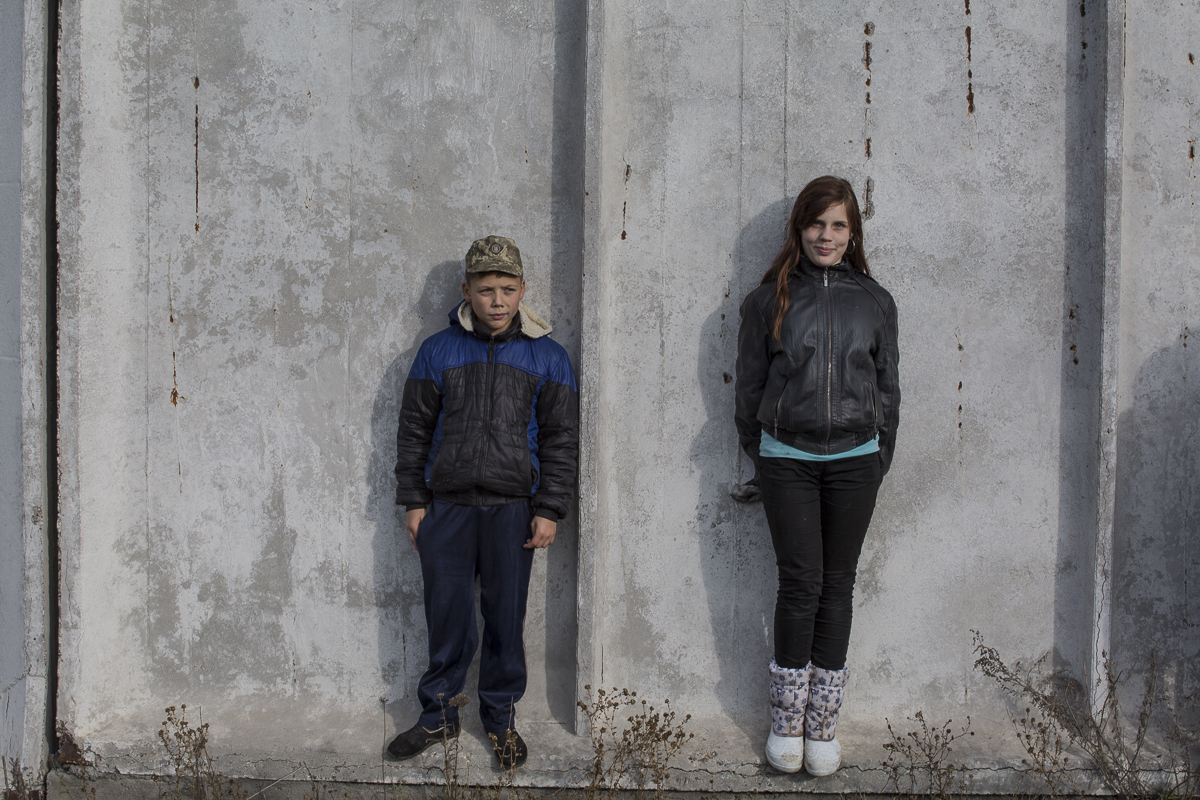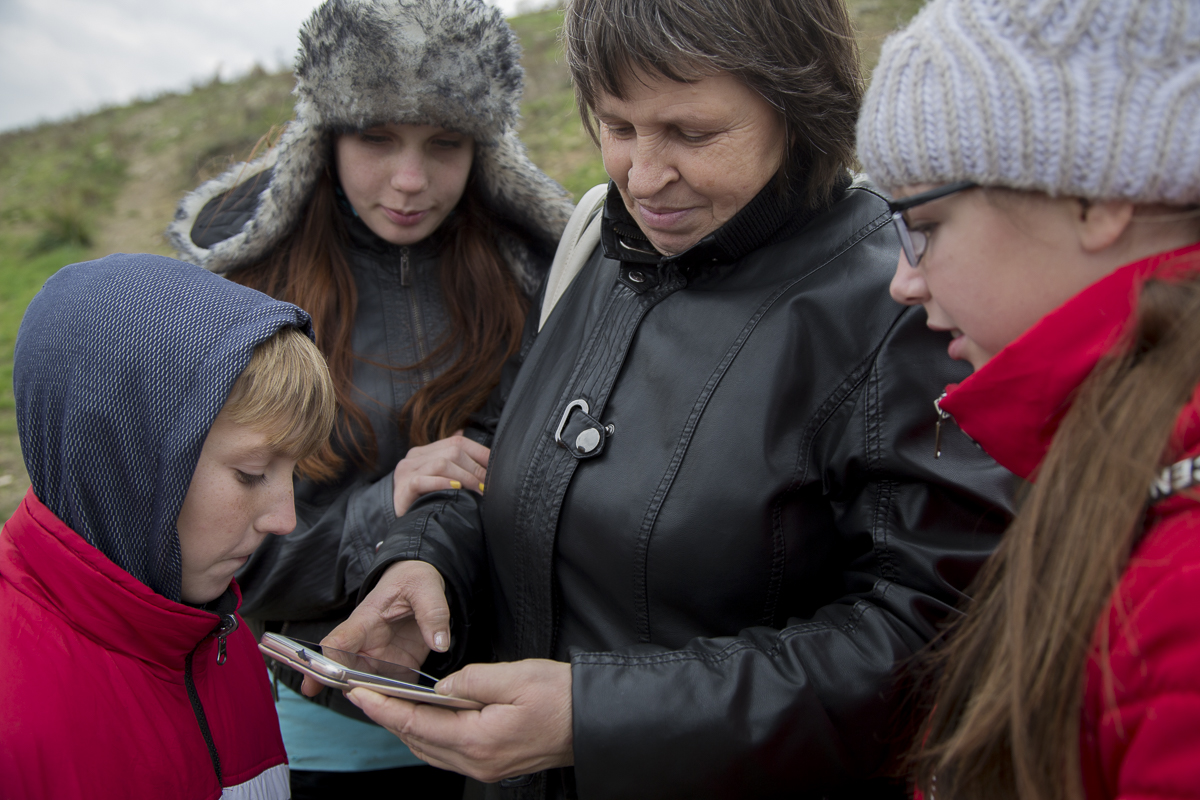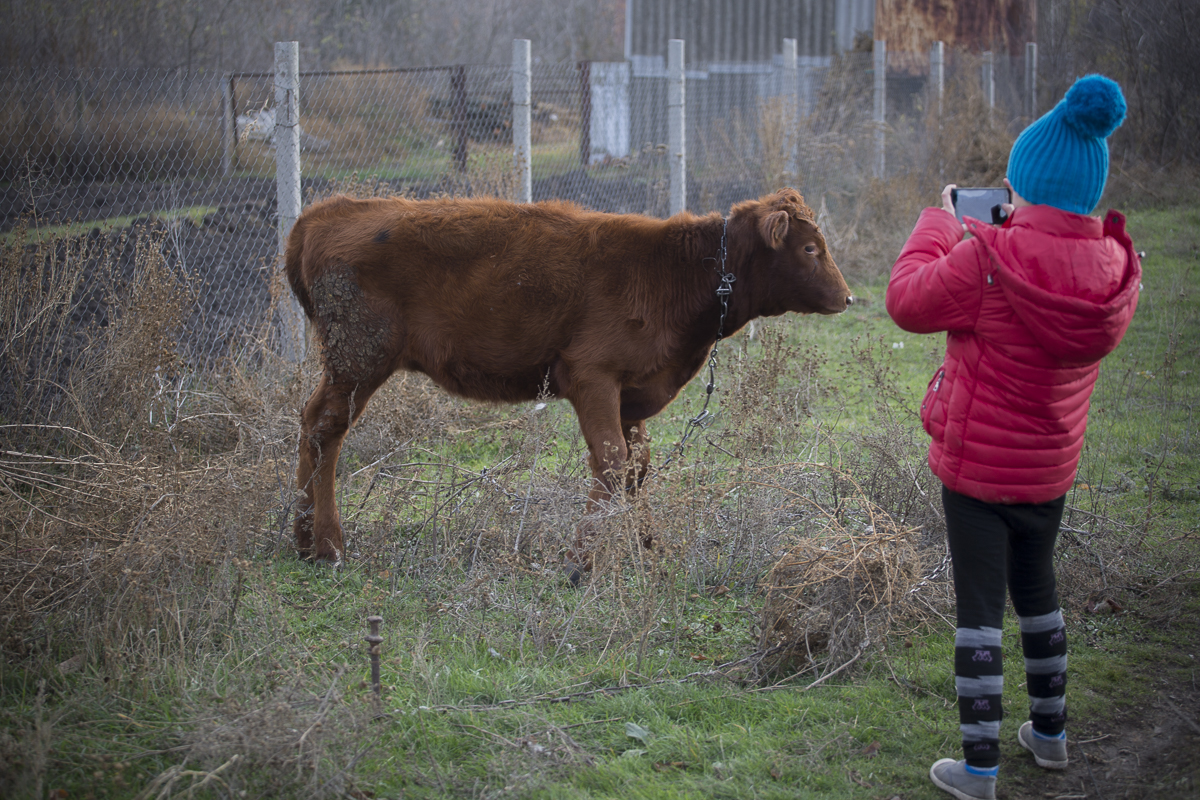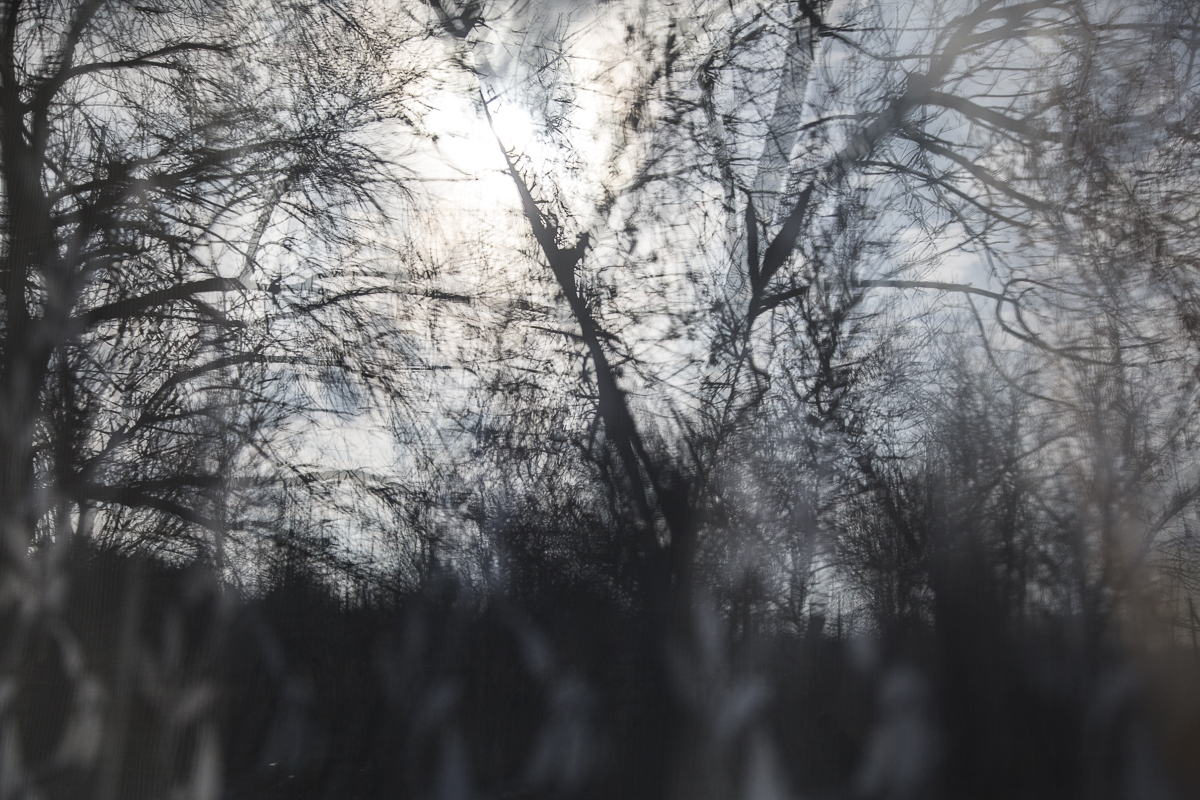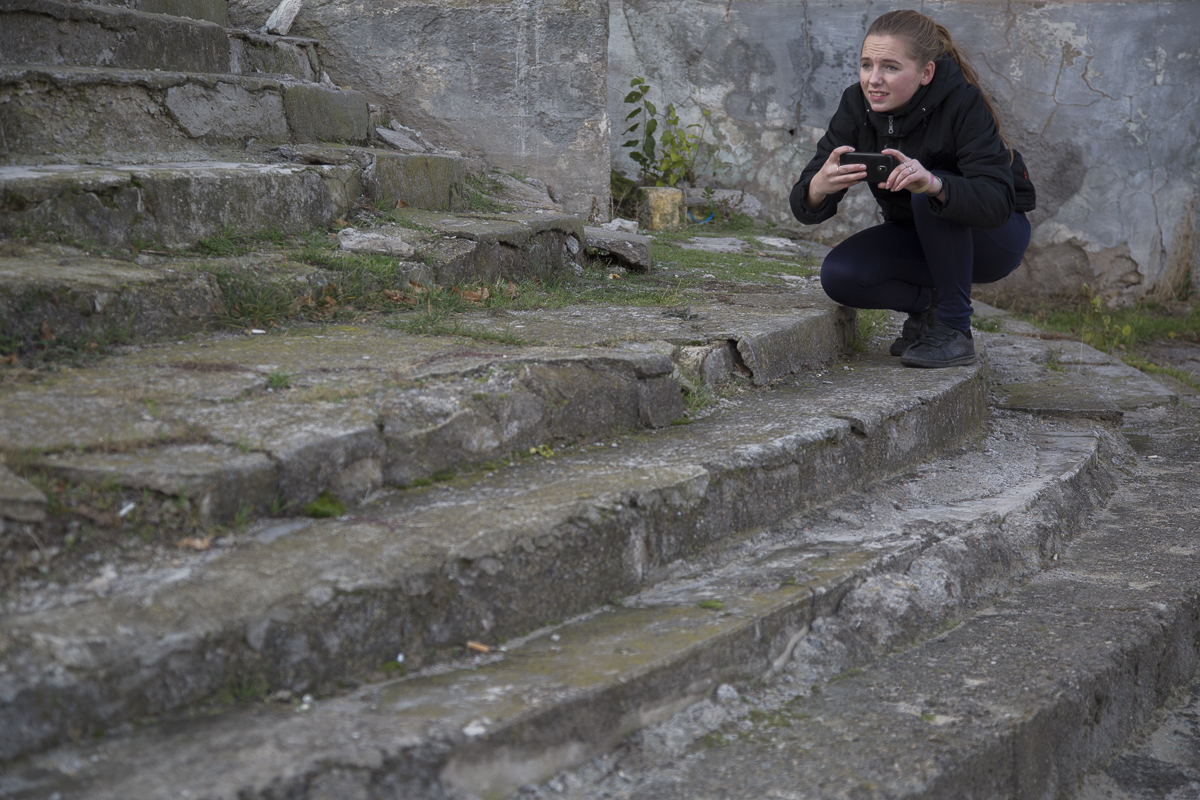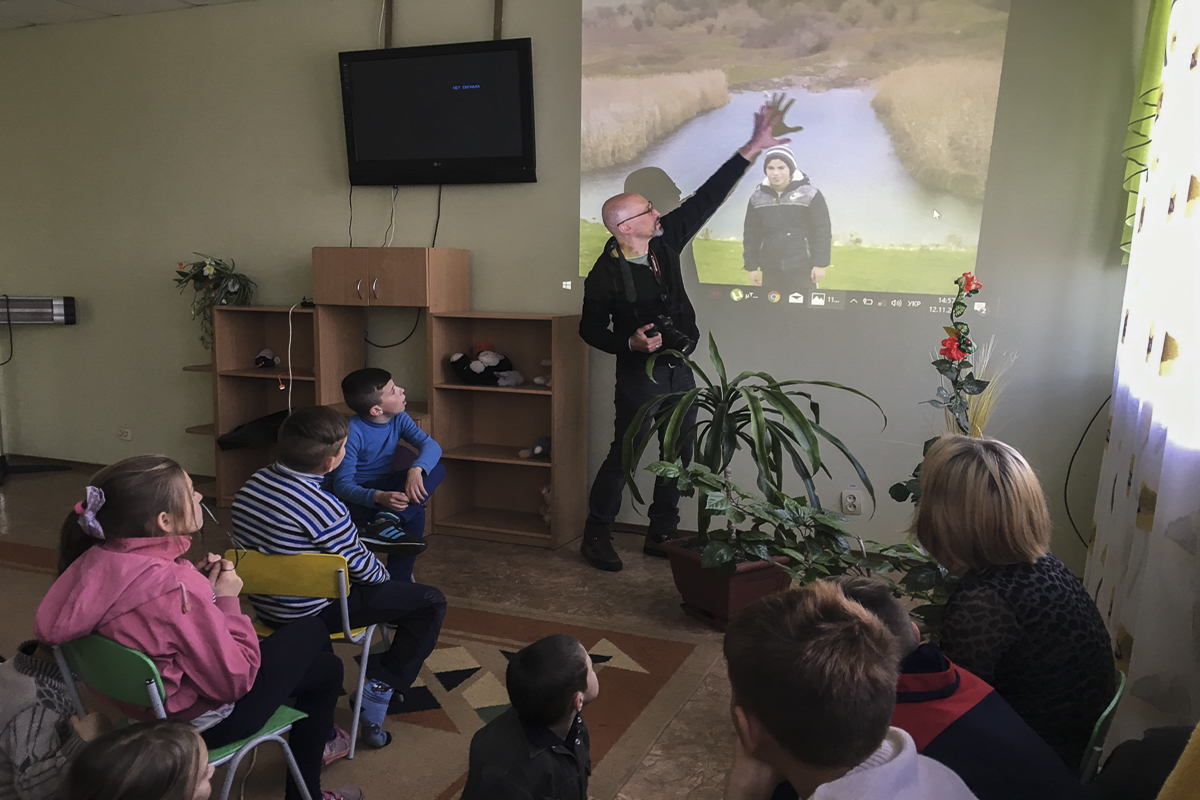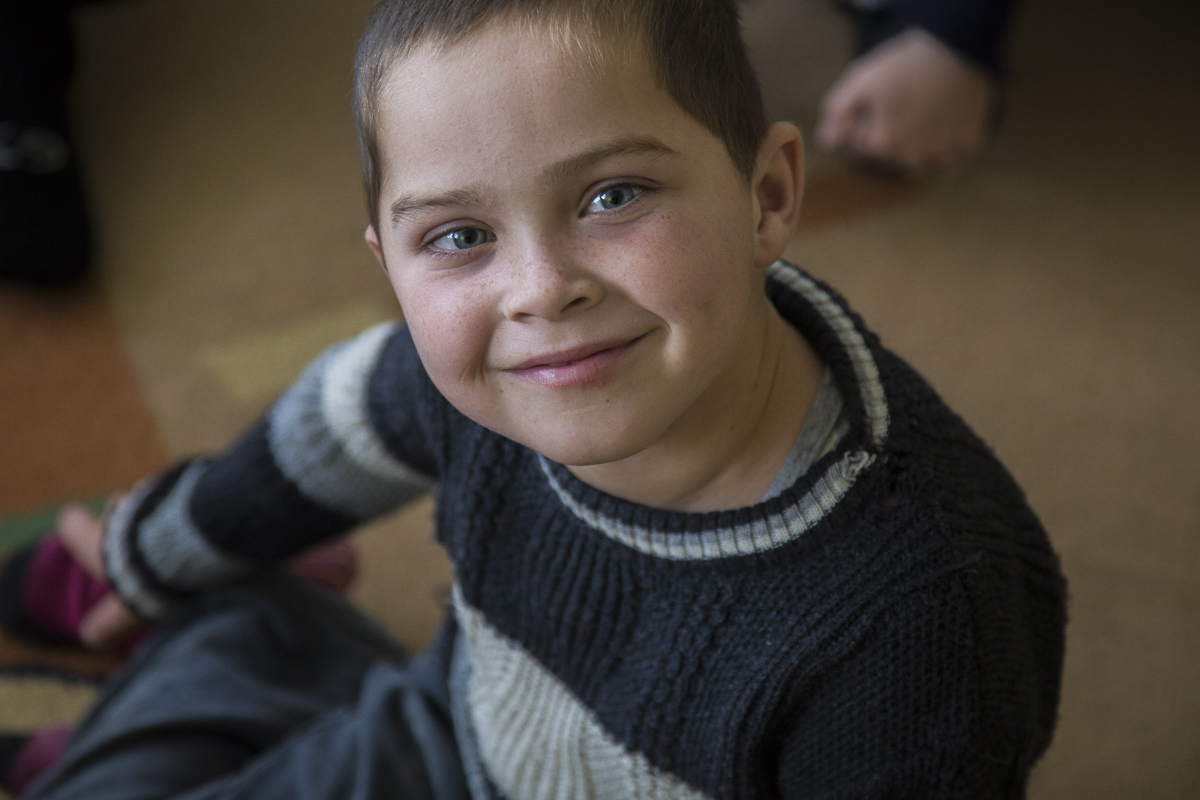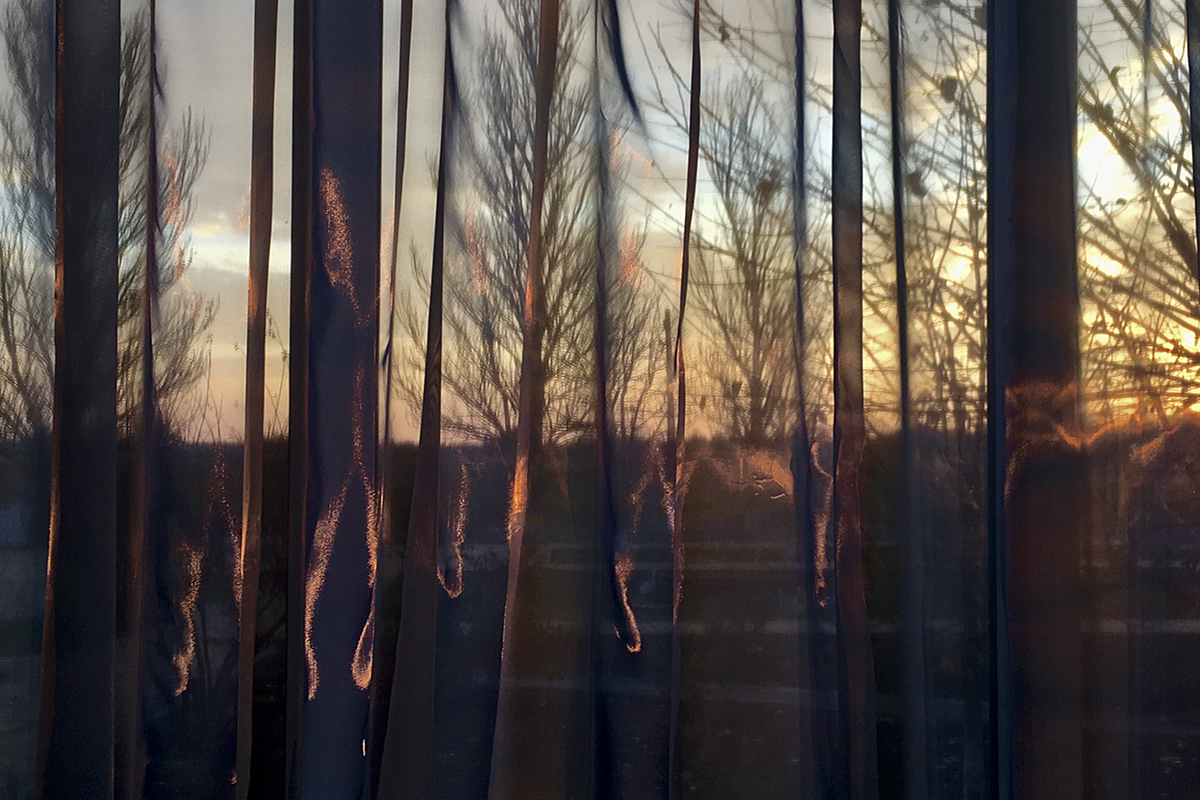Gabriela Bulisova & Mark Isaac
Kiya, a young woman in Philadelphia, was separated from her family and thrust into the foster care system when her father was sent to prison.
As many of you know, we’ve spent years working on the crisis of mass incarceration in the United States, including a special focus on the plight of children whose parents are incarcerated. There are millions of children in the United States whose parents are in prison, and they are often the innocent victims of a criminal justice system that does not take their welfare into account when assigning lengthy sentences far away from the family home.
Now, a new study by the Marshall Project, the non-profit news platform devoted to criminal justice reform issues, finds that children are often permanently separated from their parents when they are behind bars. In fact, the study finds that parents behind bars are more likely to lose their parental rights than those who physically or sexually assault their children. The specific law that unintentionally encouraged this outcome was unfortunately supported by top Democrats. You can read this important reporting here.
The two of us have often said that the criminal justice crisis in the United States is like an onion. Every time you peel back a layer, there’s another one underneath, usually more rotten than the one before. This reporting unfortunately confirms our adage.
For a glimpse at our work on the impact of incarceration on families — and especially children — please visit some of these portfolios and short films:
Locked Apart: The Koger-Harris Family including this short film
Locked Apart: Kiya including this short film
Locked Apart: The Walden-Dickson Family including this short film
